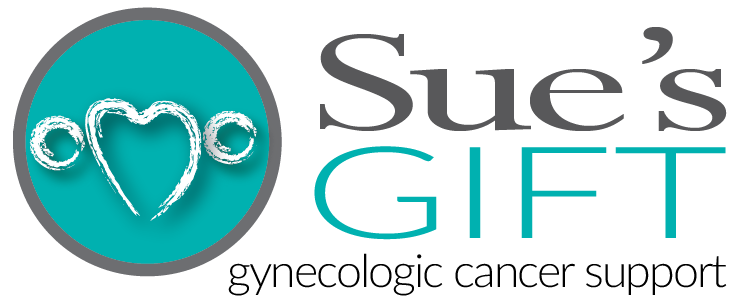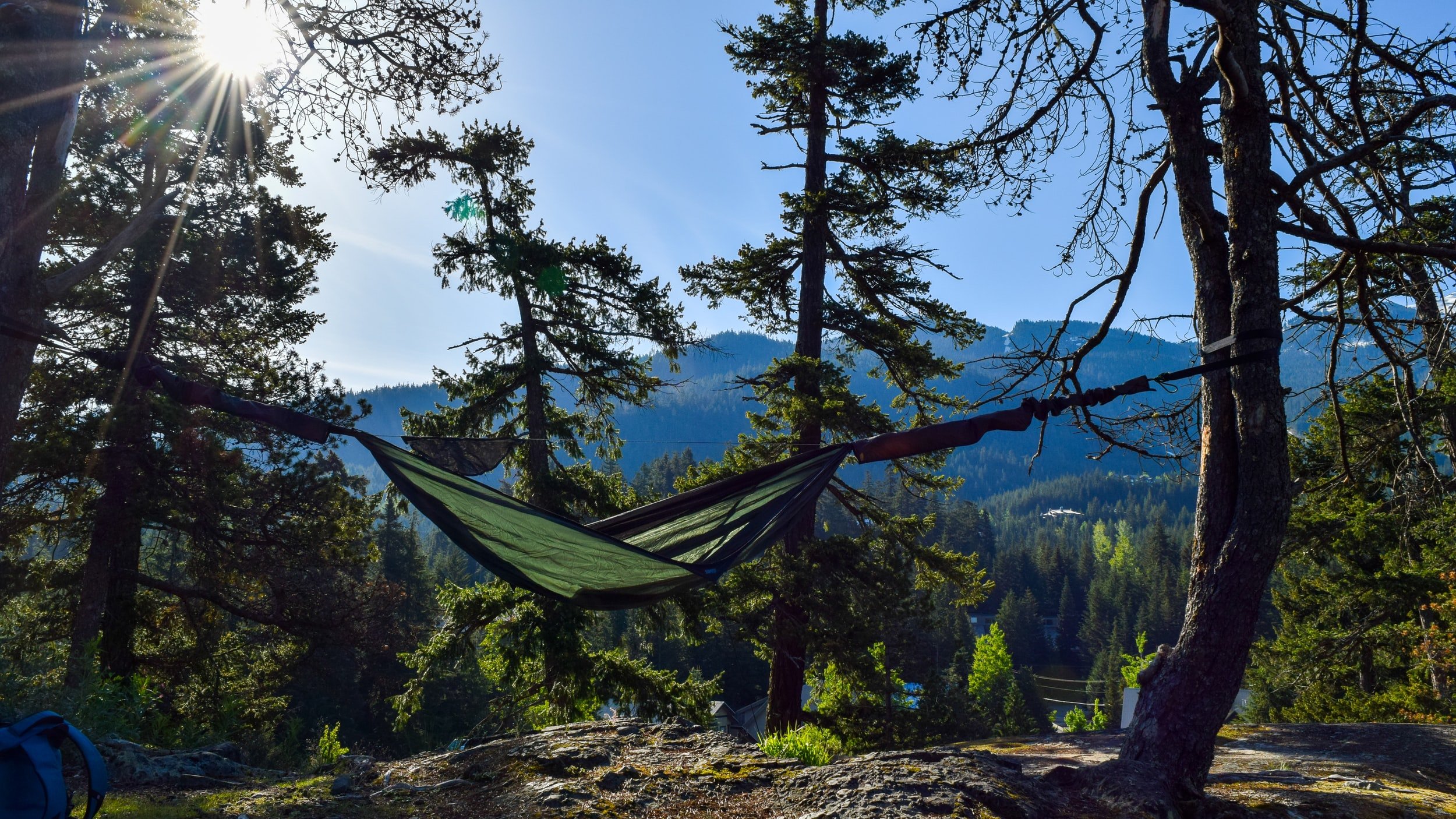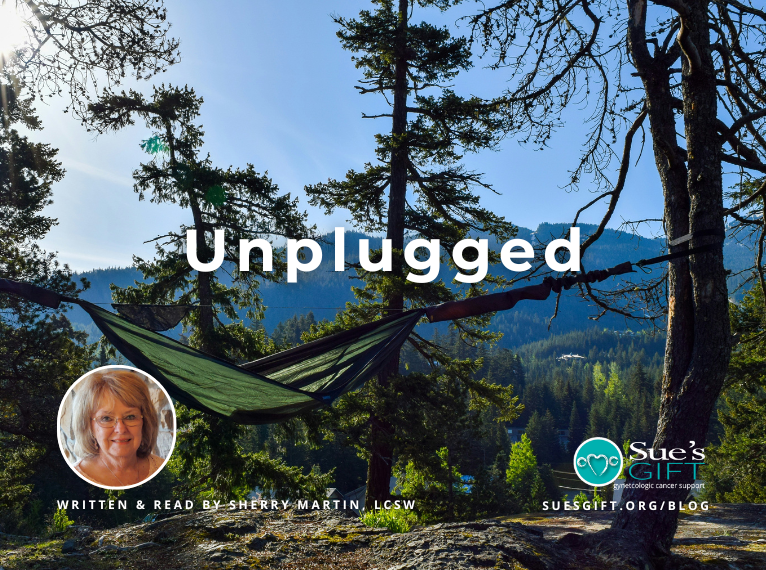Unplugged
“Almost everything will work again if you unplug it for a few minutes ... including you.”
Image Credit @emotivephotography
I think busyness has become an addiction. I learned years ago that being busy was admired, and it felt so good when someone asked how my day was going and I responded “Busy!” It made me feel important and needed. It’s taken years for me to learn that I am important and needed even when I’m not crazy busy multi-tasking and filling every waking moment working through a to-do list and tending to others’ needs. Once those habits are developed, making changes that include solitude and quiet is challenging. Yet research tells us that doing so is in our best interests and actually helps us function more effectively and with less stress.
I can’t remember how often I’ve stressed out when something malfunctioned on my laptop. Since I work from home and no longer have the luxury of an easy phone call to the corporate computer gurus to fix the problem, I’ve spent hours exasperated, trying to figure out how to get my computer or internet operational again. Then finally, I remember that I might try turning off the computer or unplugging the router for a few minutes, and nearly always that gets me up and running again. What an easy thing to do, and why do I routinely forget what works?
Getting unplugged, even for a few minutes, can initially be stressful because we have become so accustomed to always having a smartphone in our hands. A male patient admitted in a mindfulness meditation class that he would be unable to have his phone unavailable for even 15 minutes. In years past, I could not unplug even on vacation – I always needed a landline at the cabin in the mountains for instant reachability. Now I’m relieved when there’s no cell reception or television. There is such peace when I’m unplugged as the days seem longer and to progress slower without all the technological demands and intrusions.
But it’s not always possible to go to our favorite, relaxing spot. I remember when my husband, Jay, had a car accident and was taken to the Emergency Room at our hospital in Oklahoma City. He had a long-standing history of being needle-phobic due to childhood trauma. It was so severe that he nearly passed out getting a shot or having an IV inserted. Of course, at the ER, an IV was needed immediately.
The cubicle where he was taken had a large mural of the Colorado Rockies. Realizing the IV was forthcoming, he began focusing on the mural and talking to the nurse about his many mountain trips: fishing, camping, and hiking with his son. He “was there” as he described to her the feel of the morning mountain air, the sight of the crystal-clear water of Chapman Lake, the sound of the rippling water of the nearby Frying Pan River, and the smell of the heady smoke of the campfire while cooking trout. He eventually looked at the nurse and asked when she would start the IV. She replied, “It’s already done.”
Do you see the hammock in the picture? Can you see yourself there soaking up the day’s warmth and smelling the pine fragrance and fresh air? You may be unable to unplug and relax for hours in a hammock in the mountains. Still, you can always “go there” or wherever your happy place is…sitting on a beach listening to the ocean waves or “visiting” a favorite childhood location.
We all need to unplug and have time away for our health and well-being – literally or figuratively. For help unplugging, check out these do-it-yourself tips for an at-home digital detox. And if you aren’t already using visualization as a coping strategy to reduce stress, I hope you add it to your toolbox.
Click the ▶ play button below to listen to this blog post, read aloud by the author Sherry Martin, LCSW, Patient Services Director at Sue’s Gift.
Download the PDF companion worksheet or request a digital worksheet to complete on your computer. This worksheet facilitates making a plan for literally getting away, provides a road map for a digital detox, and introduces a visualization guide, all designed to improve health and well-being.
Leave feedback for the author here. (Comments are not posted online.)


